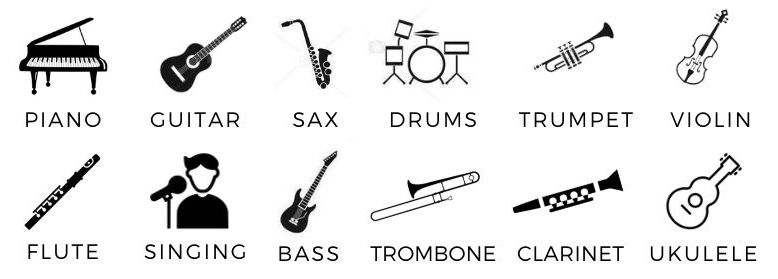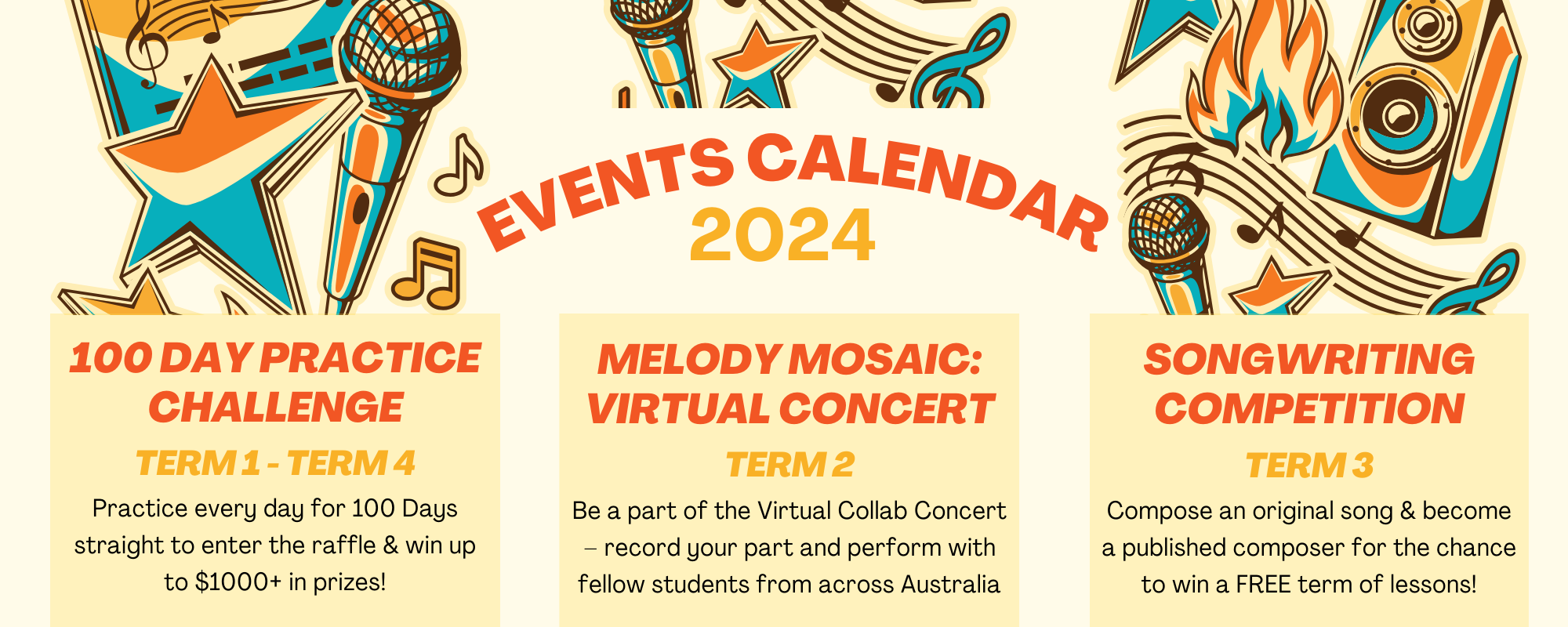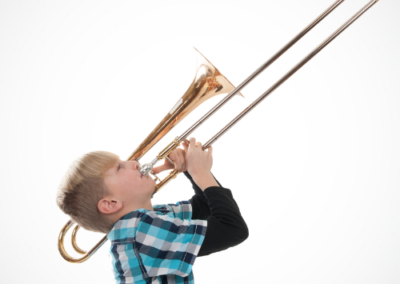How Long Does It Take To Learn The Ukulele
Being able to strum on the ukulele a few chords and play a song using a is easy. It does not take too much time to know how to play the instrument. That being said, the question “how long does it take to learn the ukulele?” would depend on your meaning of “playing.” If playing the ukulele would mean performing some easy songs to have fun with friends, then all you need is a few weeks to a month.
It would depend on your dedication as well as spare time to learn the basics. However, if you want to play professionally, it would take longer than that. It is like painting a picture or writing a book; it takes time to fully absorb everything and develop your style.
While one does not graduate in learning how to improve when playing any instrument, it is generally accepted that a person would be able to play comfortably within 3 to 6 months. Some people are gifted enough that it would take a shorter time, but it would also depend on the person’s commitment to learning the ukulele.
Basically, strumming and chord formation are the two things you really need to learn to play ukulele. It is a simple instrument that most people take as a hobby, but it does not mean you cannot take it seriously. You would only know if you are ready to take the next level if, after learning the basics, you still want to learn more.

MUSIC LESSONS IN THE CONVENIENCE OF YOUR OWN HOME
We are a network of young & enthusiastic University Students providing the very best in private 1 on 1 music lessons in your home – in your local area.

WE OFFER YOU IN-PERSON HOME MUSIC CLASSES FOR STUDENTS OF ALL AGES & LEVELS
If you are looking for an eager, professional & reliable local music teacher to come to your home – one of us will be available, & will be able to provide you a very affordable lesson rate.
How Long Does It Take To Learn The Ukulele
Learning The Ukulele Basics
Learning the ukulele basics in 5 minutes is true, but being able to play it for “real” would take more time than that.
This is what separates the ukulele from other instruments; you will immediately know if you will take the next step and devote more time to learning it or put it down for good. Nonetheless, do not spend too much on your first ukulele. You can always upgrade later on. There are affordable starter ukulele kits for beginners but make sure you get a decent one.
Here are the things you need to learn to play the ukulele. Do not skip learning the basics.
Chord Formation
There are seven major basic chords, such as A, B, C, D, E, F, and G, which translates to LA, TI, DO, RE, MI, FA, and SOL. All of them are important, but you need not focus on the B chord since it is not used that much and hard to play. From the remaining six chords, E is the hardest to play while the rest is easy.
Focus on two chords at a time until you learn how to play all the chords. It is best to find a chord chart to guide you in remembering each of the chords.
Switching between chords may be awkward for beginners, but constant practice will help in making sure your hand stays on the fretboard while going to and fro the different chords. Keep making small but precise movements.
String Strumming
Do not go and try strumming fancy chords without learning how to strum the basics. Try loosening your fist and use the index finger of your right hand with the fingernail side down to strum down. When going up, strum with the flesh tip of your finger. This is where you need to practice using more of your wrist going up and down instead of the whole hand or arm.
Some players would use the thumb to help steady the strumming finger. Keep on practicing until you get the hang of it.
Learning to play the uke does require strumming, and your hands and/or fingers may get sore, but it is worth it if you want to learn ukulele, and you will start playing fantastic songs in no time, with motivation and dedication, you could play any song you desire.
Beginners can start with two of the most used patterns in the ukulele. The first one is the down, down, down, down strumming pattern. The second one is the down up, down up, down up, down up strumming pattern. To be consistent on your strumming rhythm, make sure to count aloud in four counts.
After learning these two strumming patterns, you can go and learn the rest.
Things to Consider When Learning How to Play the Ukulele
After learning chord formation and strumming, make sure you look into the following proven techniques used by experienced ukulele players.
The Right Way of Holding the Ukulele
Some may find this extremely silly but your success in playing the instrument start by holding it the right way. It will help the player in the long run as playing habits are developed early on.
Choose a sitting or standing position that you are most comfortable with while holding the instrument. When choosing the sitting position, it is best to let the ukulele rest in one of the legs and the strumming arm positioned on top of the ukulele.
When choosing to play in a standing position, it is recommended that you hold the ukulele against the chest and keep it there with the help of the strumming arm.
These positions could be awkward for some people but practice this early on, and it would help you play the ukulele better even while walking. Just make sure that you do not hold it too tight as it may affect the vibration of the sound. It is also best not to use a strap because it can be quite bulky when storing it.
Fingering / Chord Changing Speed
Beginners would place fingers one at a time, and it is expected, but it would improve by doing some fingering exercises. For instance, try placing the fingers at the same time on the fretboard. Keep doing this, and when it comes to chord switching everything will be done instantly. You are not expected to master it at once but keep doing it from the start, and it would come naturally to you.
When playing a stringed instrument, most experienced players would tell you that there is no right way to play a chord, but there is a common way to do it. The fingering exercises would help build calluses on your fingers, and it would lessen the pain that your fingers will feel each time you use them. However, you have the option today to use softer but dependable strings, unlike in the past.
Tuning the Uke
As in any stringed instrument, beginners are not expected to accurately tune the ukulele if it does not sound right. One can easily hear an out-of-tune instrument, but this can easily be fixed.
There are downloadable online apps that can be used to help you fix your instrument, or you can buy a clip-on chromatic tuner that can accurately do it.
Do not play untuned ukuleles because instead of improving your skills, it might impair your ability to hear the right tunes.
Correct Posture When Playing Ukulele
If you develop the habit of playing the ukulele or any instrument without using the proper posture, it will take out the fun in the end. Certain body parts will suffer if bad playing posture will continue. At first, the pain would be bearable, but in the long run, playing would become synonymous with pain.
Make sure to play with a straight back, whether sitting or standing up with the ukulele against the chest.
Practical Tips on Mastering the Ukulele Faster
Play Slowly With the Help of Metronome
To enhance your sense of rhythm and timing in playing the ukulele, playing along with a metronome would be a great help. A metronome is a device that gives a regular click of sound that can help with the player’s tempo. One can find an online app using a mobile phone instead of getting a physical device.
Turn the metronome and adjust it to the desired setting. Choose a tempo that is slow enough to match your current skill status. For instance, you can start and set it for 60 beats per minute and then go and do your strumming exercises. Later on, increase it to 90 beats per minute until you get used to a certain rhythm that will be embedded in your muscle memory.
Choose a Song That Will Motivate You
To make learning more fun and interesting, choose a favorite song to help motivate you each day in practice. Look for the chords and strumming techniques, either online or from your teacher.
Record and Listen
The best way to know if you are making a mistake is to record yourself while playing the ukulele. Use your mobile phone and watch it many times to pinpoint where you usually make the mistake and discover the reason why.
Later on, when you take this instrument seriously, try recording with a microphone to get the sounds to fix the problem easily.
Practice More
Just like in any other musical instrument, the only way to master it is to always practice. As in anything in life, practice makes perfect. The more you do the exercises, the more you will get the hang of it. The more you get used to remembering the chords and getting the right strumming technique, the more you adjust to the exact rhythm of every song that you’d like to play.
You may get frustrated at times, especially when you see other beginners getting ahead of you, but be patient. Do not be discouraged, and also take a rest in between practice hours.
Final Thoughts
The answer is there is no exact time duration in which one can learn to play the ukulele easily. How long it takes will always depend on the person’s dedication and talent in learning the instrument. Those two factors go hand in hand. You may be more musically gifted than the others, but if you do not spend time to practice, you may not learn to play it properly.
Some people may lack inherent talent, but through continuous practice, they can learn faster than those who are more talented and become experts because they really want to learn.
More importantly, playing the ukulele is supposed to be fun, and people should not forget to enjoy the process of learning it.

PRIVATE home MUSIC lessons in Auckland, New Plymouth, Wellington, Nelson, Canterbury & Otago for students of all ages & levels
If you are looking for an eager, professional & reliable music teachers to come to your home – we are available, & will be able to provide you a very reasonable music tutoring rate.
ENTHUSIASTIC STUDENTS
PROFESSIONAL TEACHERS
INSTRUMENT DISCIPLINES
What People Are Saying
My daughter’s teacher, John is superb and very talented. He is super patient with my daughter and he cares. You won’t regret taking lessons. I assure you =)


EMAIL: musiclessons@customersupport.care
PHONE: 1300 065 228
CALL BACK FORM
one of the friendly team organisers will contact you soon












